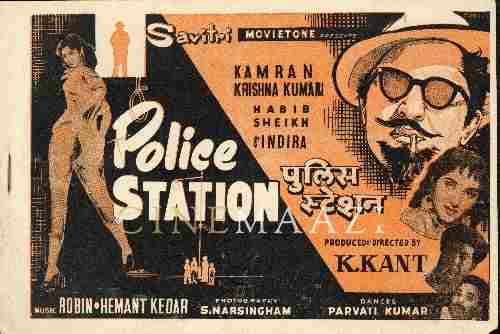Danny Denzongpa
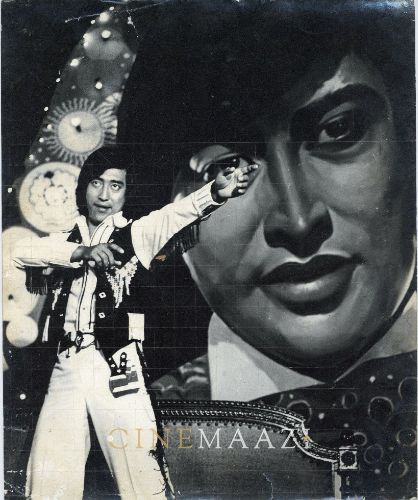
- Real Name: Tshering Phintso Denzongpa
- Born: 25 February, 1948 (Yuksom, Sikkim)
- Primary Cinema: Hindi
- Spouse: Gawa Denzongpa
- Children: Pema Denzongpa, Rinzing Denzongpa
In a career spanning more than four decades, Danny Denzongpa has worked in more than 190 films, crafting characters that have entertained audiences and enriched Hindi cinema. Popular for making bad look good, he could pull off the mean and sadistic variety of evil with as much ease as he essayed smooth, classy villainy. The range of characters he played as Sanju in Mere Apne (1971), Shera in Kaala Sona (1975), Baksh in Laila Majnu (1976), Kancha Cheena in Agneepath (1990), Sher Khan in Sanam Bewafa (1991), Bakhtawar in Hum (1991), and Katya in Ghatak (1996) stand testimony to his talent and range. While his talent in villainous roles is showcased in films such as Dhund (1973), 36 Ghante (1974), Bandish (1980), Dharm Aur Qanoon (1984), he also shone in positive roles in Fakira (1976), Kalicharan (1976), Devata (1978), Bulundi (1981) and Adhikar (1986). One of the few north-eastern actors to not be stereotyped in Hindi cinema, he went on to overcome reservations on part of filmmakers, deliver umpteen hits, and acquire a huge fan base worthy of the best A-listers. Also appearing in Bengali, Nepali, Tamil and Telugu films, he has also explored singing and film direction. His directorial Phir Wahi Raat (1980) rated high among the horror suspense films of Hindi cinema. Also featuring in international films such as the Brad Pitt-headlined Seven Years in Tibet (1997), he was honoured with India’s fourth-highest civilian honour, the Padma Shri in 2003.
He was born Tshering Phintso Denzongpa into a Buddhist family on 25 February, 1948 in Yuksom, Sikkim. Schooled at Birla Vidya Mandir, Nainital, he completed college at St Joseph's College, Darjeeling, in 1964. Winning Best Cadet award from West Bengal, he qualified for the Armed Forces Medical College, Pune, but instead chose to graduate from the premium film institute, the Film and Television Institute of India (FTII), Pune. Changing his name on the recommendation of his batch-mate Jaya Bhaduri, he adopted the simpler-to-pronounce Danny as he made his debut in Hindi films.
Debuting in a positive role with the Meena Kumari-starrer Mere Apne (1971), the film also marked the directorial debut of Gulzar, that starred Vinod Khanna as hero. In B R Ishara's Zaroorat (1972), a songless drama Danny essayed a good friend of the lead pair, played by Vijay Arora and Reena Roy, who attempts to help them out of a financial crisis. B R Chopra's Dhundh (1973) saw him play his role with shades of grey, as a disabled and frustrated husband. Through the 70s, Danny played second lead hero as well as positive parts in films such as Chor Machaye Shor, 36 Ghante, Fakira, and Sangram (1976). After his role as Inspector Lawrence D'Costa in Devata (1978), meatier offers started to come his way. He also achieved success playing negative characters in multi-starrer big budget films such as Aashiq Hoon Baharon Ka (1977), Paapi (1977), The Burning Train (1980), Chunauti (1980), and Bandish (1980).
During the 80s, saturated with playing similar villainous roles, he went on a hiatus, trekking in the mountains and not signing on films for a few years. He returned to take up producer N N Sippy’s offer to direct a film, Phir Wohi Raat, starring Rajesh Khanna and Kim. The film, a murder mystery, was a success. Danny went on to act in films such as Bulundi in which he played a double role, and Hum Se Badkar Kaun (1981), moving to playing supporting and character roles in films like Love Story (1981) and Boxer (1984). He experienced maximum success playing negative roles in films like Dharm Aur Qanoon, among the many films he featured in from 1984 and through the 1990s. He played antagonist to leading actors of the time such as Rajesh Khanna, Vinod Khanna, Dharmendra, Jeetendra, Mithun Chakraborty, Sunny Deol and Anil Kapoor. He won praise for his performances in negative roles in Bandish (1980), Kanoon Kya Karega (1984), Andar Baahar (1984), Oonche Log (1985), Aandhi Toofan (1986), Bhagwaan Dada (1986), Agneepath (1990), Hum (1991), Krantiveer (1994), and Pukar (2000).
Other more recent key films of his include China Gate (1998), Asoka (2001) and 16 December (2002), and the international film Seven Years in Tibet. Being extra selective about his work in the new millennium, he acted in only 10 films between 2003 and 2009, making a comeback playing the antagonist Bohra in Rajinikanth-starrer Enthiran (2010), followed by Salman Khan-starrer Jai Ho (2014), the Hrithik Roshan-headlined Bang Bang (2014), the Akshay Kumar-starrer Baby (2015) and its prequel Naam Shabana (2017).
Danny is also an accomplished singer, having sung a duet with Lata Mangeshkar - Mera naam aao in Yeh Gulistan Hamara (1972), encouraged by music maestro S D Burman. He has also rendered Nepalese songs for films such as Chiso chiso hawama and Manko kura lai bandhi narakha, also rendering the R D Burman-composed duet Suno suno kasam se with Asha Bhosle in Kaala Sona (1975), Mujhe doston tum gale lagaa lo with Mohammed Rafi, and the duet Botal khaali hone toh do with Kishore Kumar in Naya Daur (1978).
He also wrote and acted in the Nepali film Saino (1987), which was directed by his nephew Ugyen Chhopel, which was remade in Hindi as Bandhu (1992) and also adapted for television as Ajnabi by Danny himself.
An avid horse-lover given that he hails from a family that was into horse-breeding, Danny Denzongpa is also a painter, a writer and a sculptor. Married to Gawa Denzongpa, the couple is parents to Pema Denzongpa, and Rinzing Denzongpa. He is also winner of several awards such as the Filmfare Best Supporting Award for Sanam Bewafa and Khuda Gawah.
-
Filmography (69)
SortRole
-
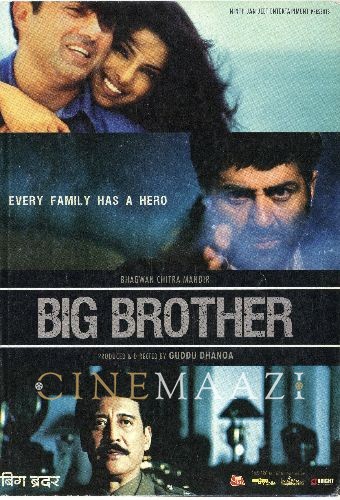
Big Brother 2007
-
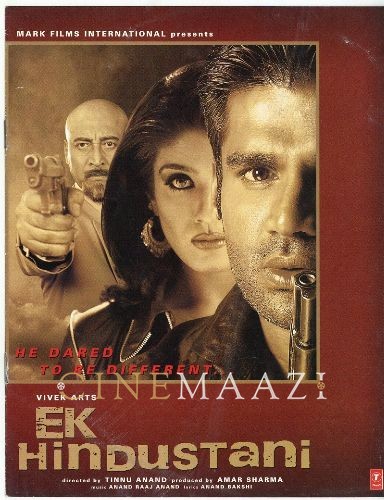
Ek Hindustani 2003
-
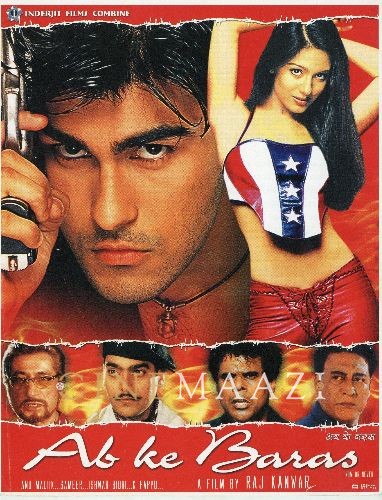
Ab Ke Baras 2002
-
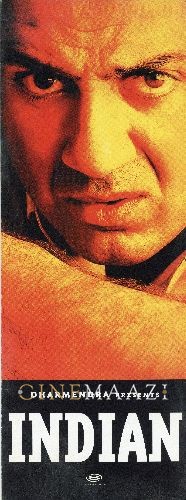
Indian 2001
-
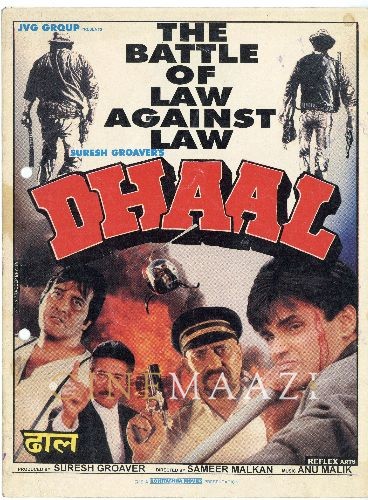
Dhaal 1997
-
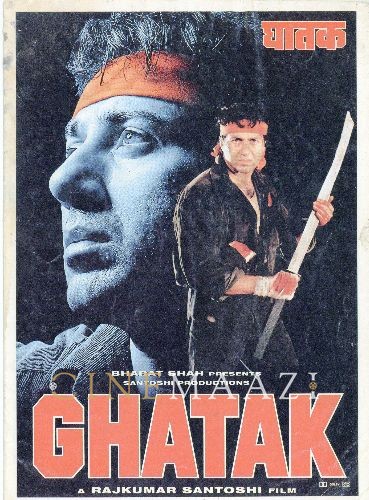
Ghatak 1996
-
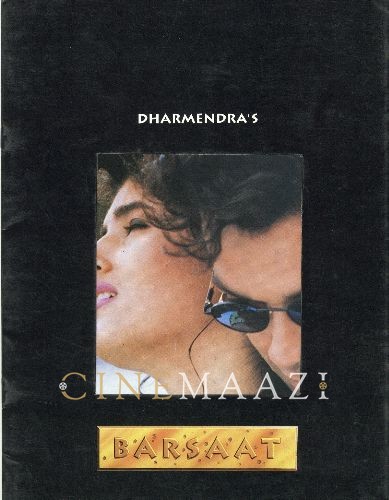
Barsaat 1995
-
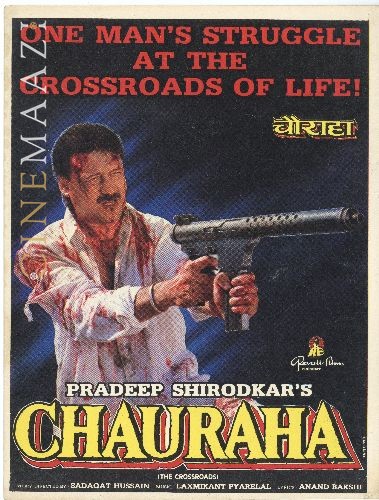
Chauraha 1994
-
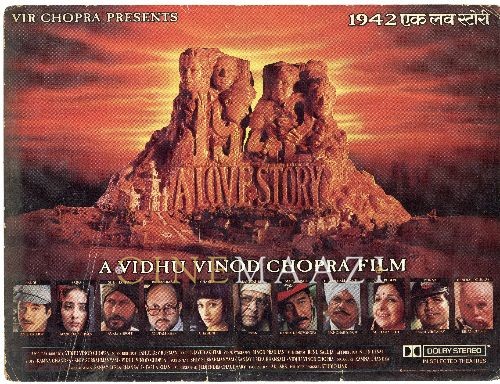
1942 A Love Story 1994
-
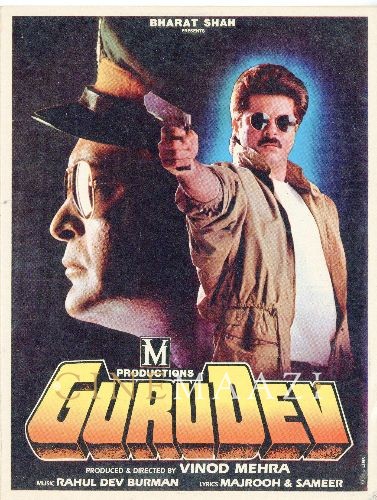
Gurudev 1993
-
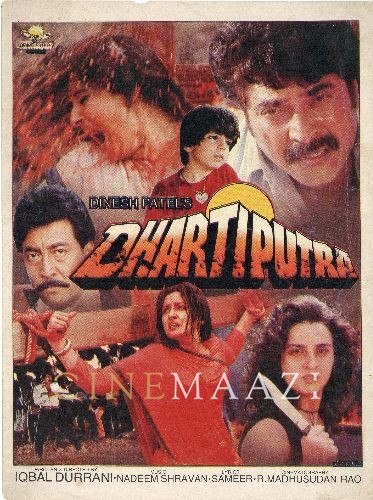
Dhartiputra 1993
-
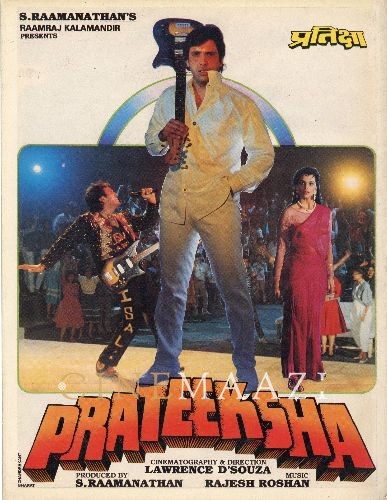
Prateeksha 1993
-




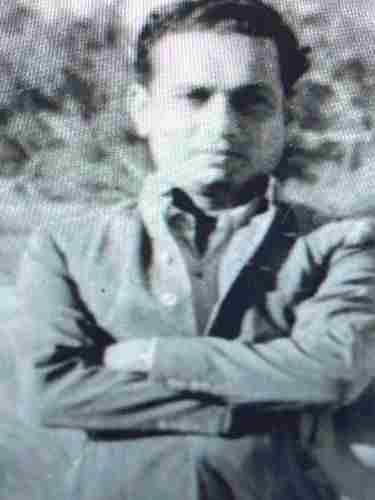
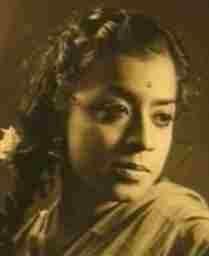
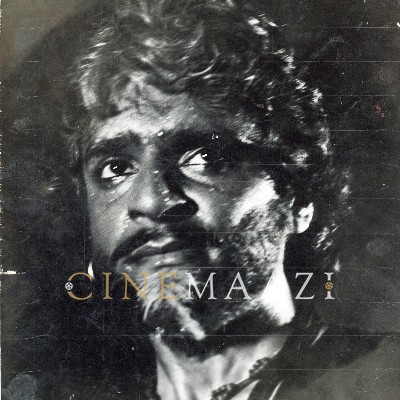


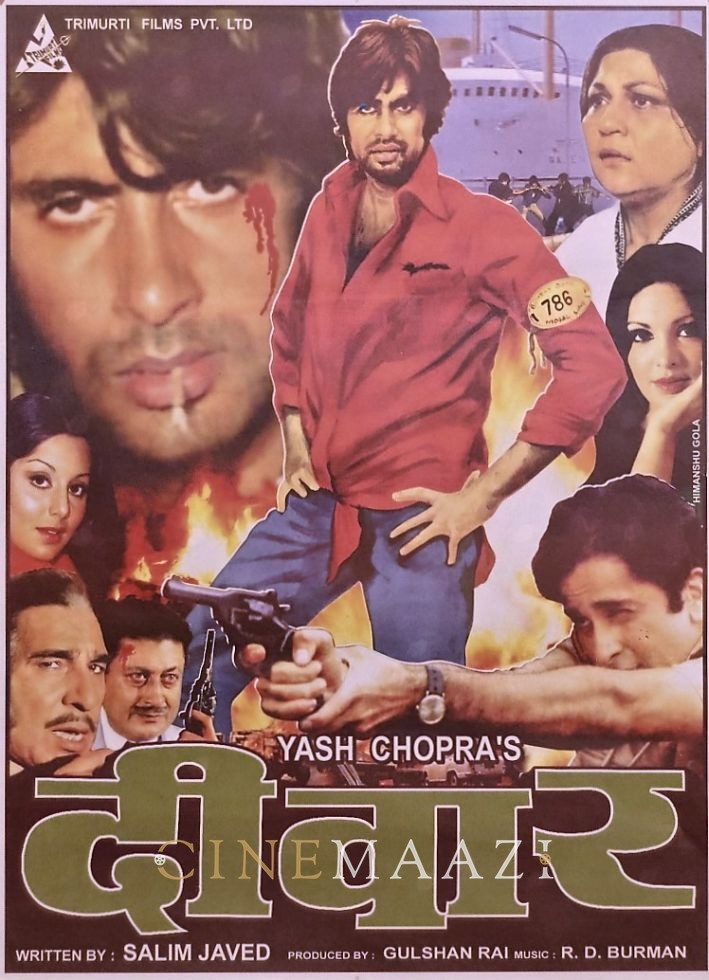
.jpg)

